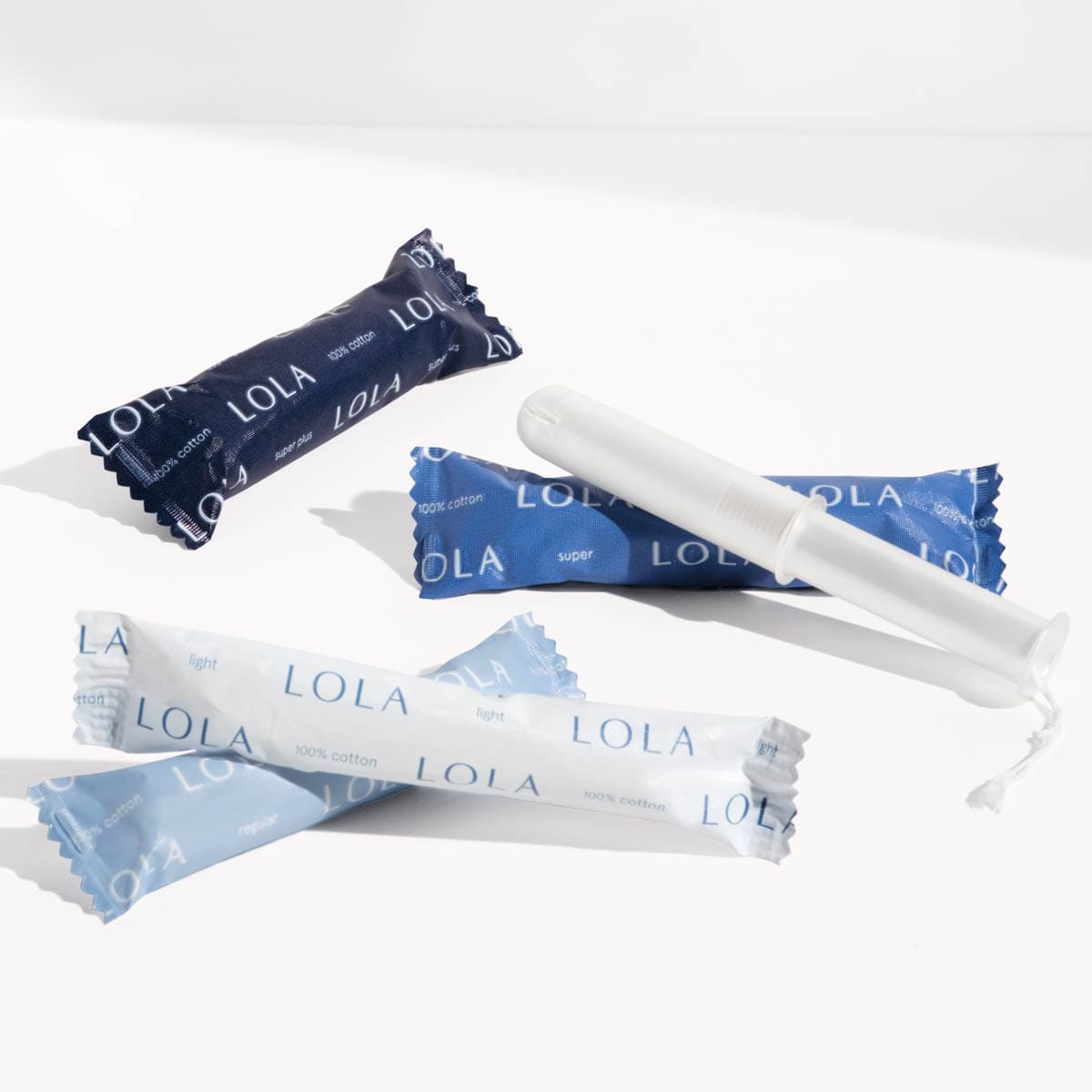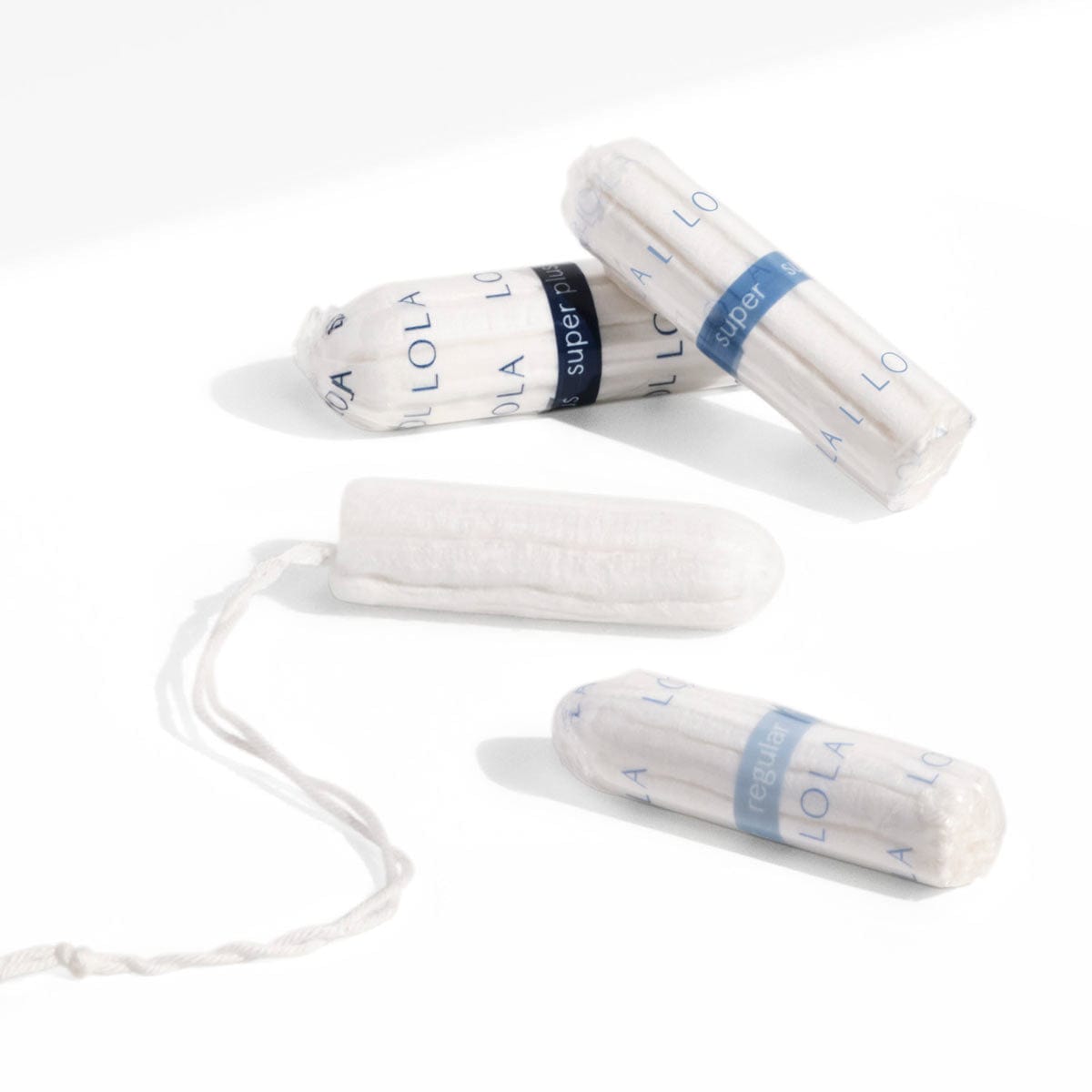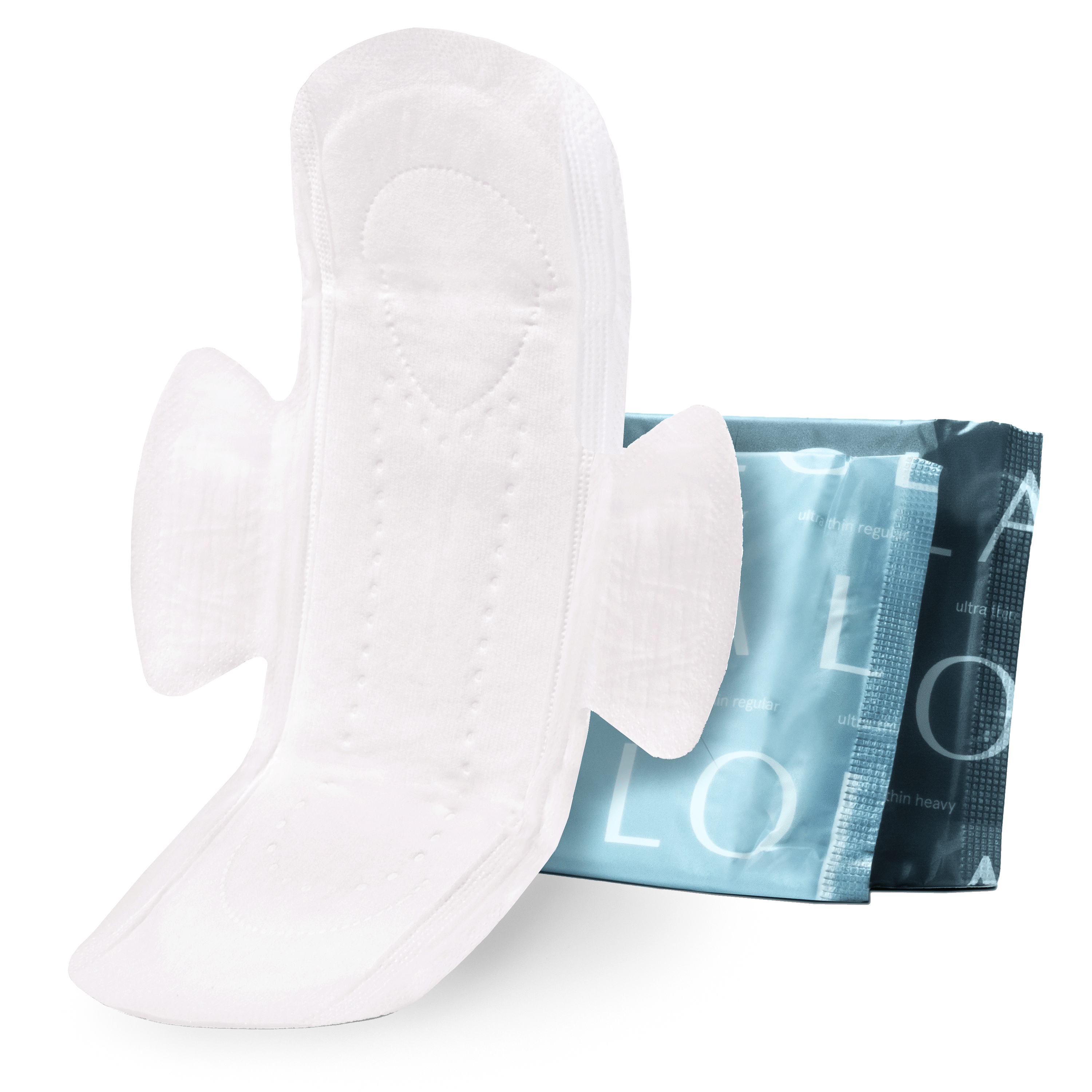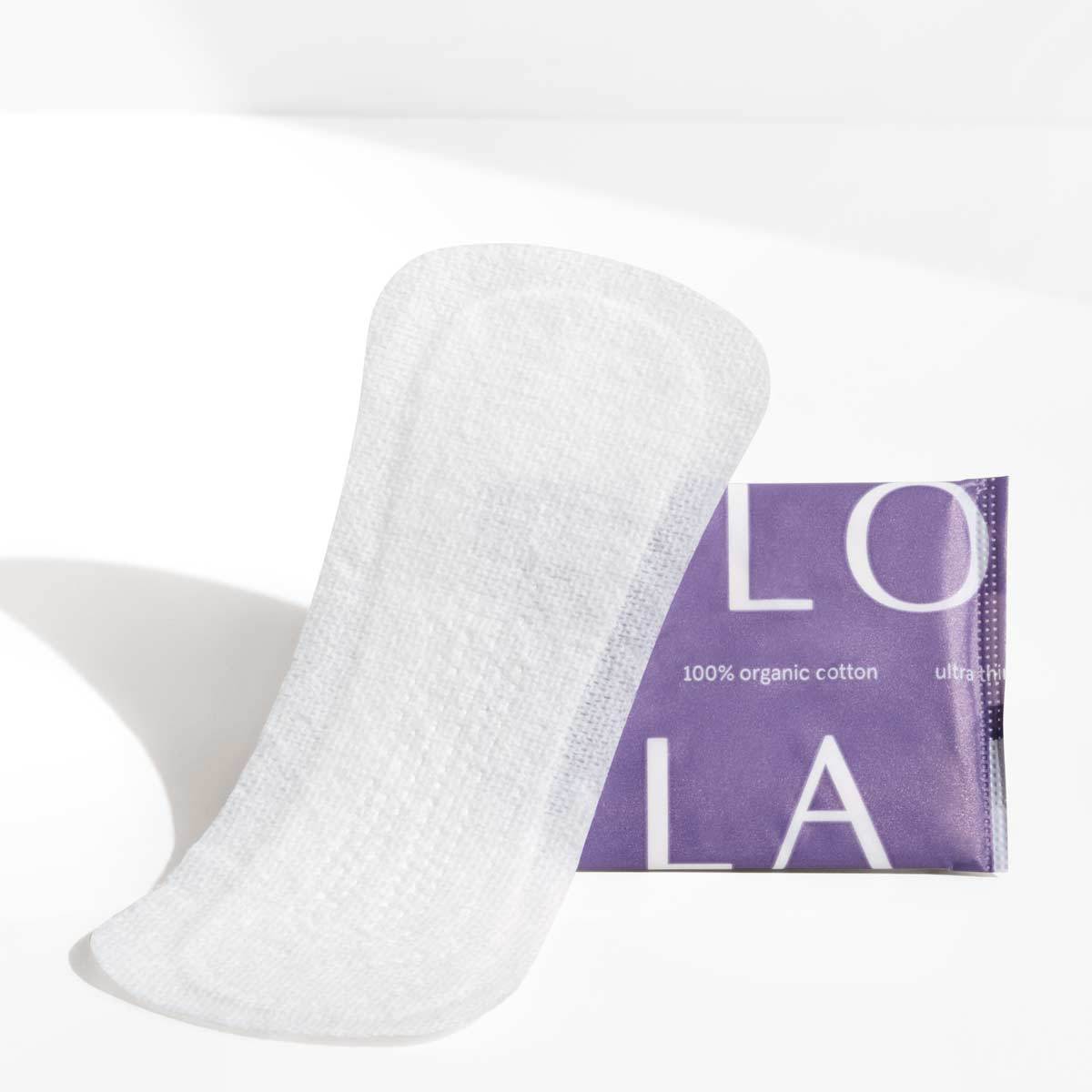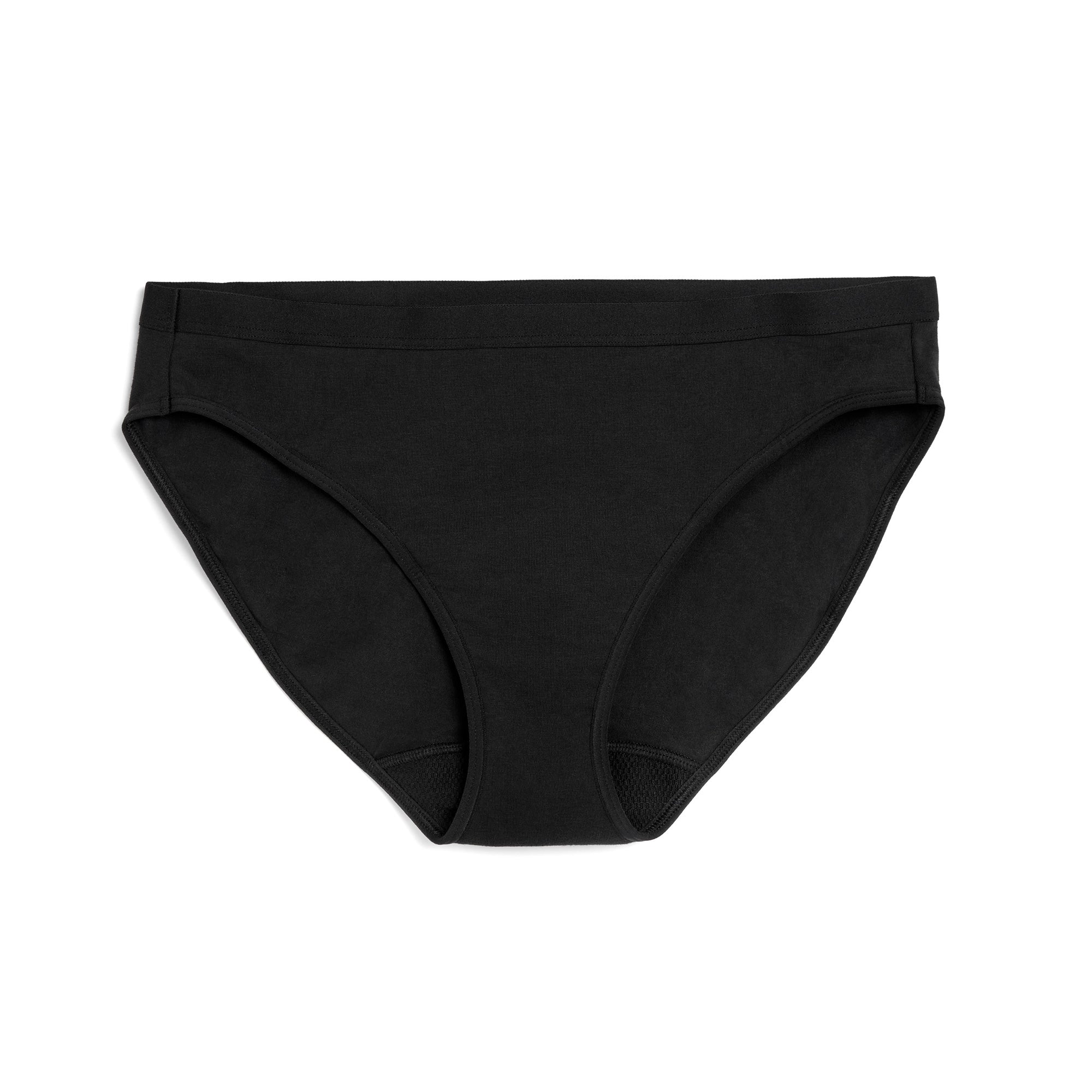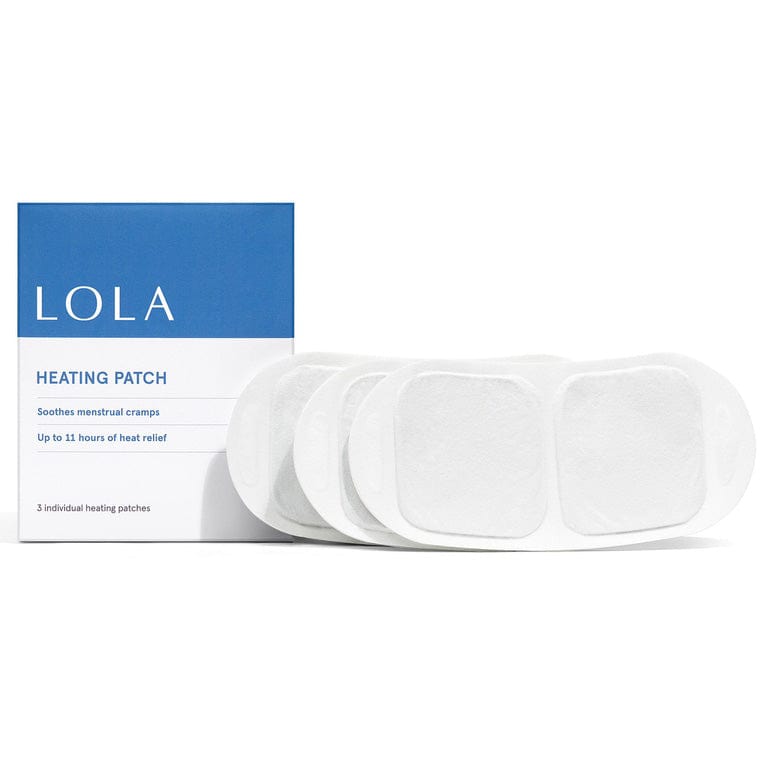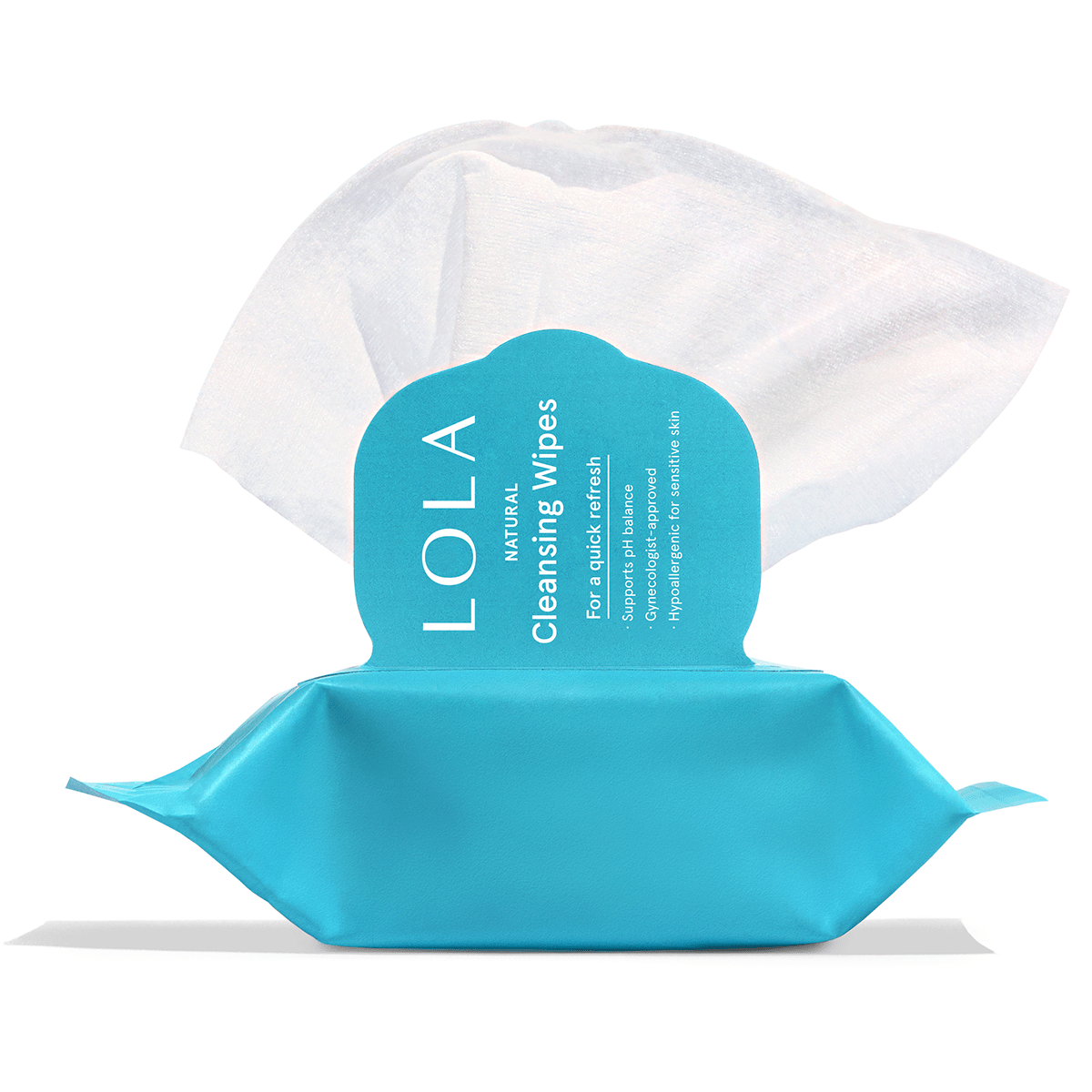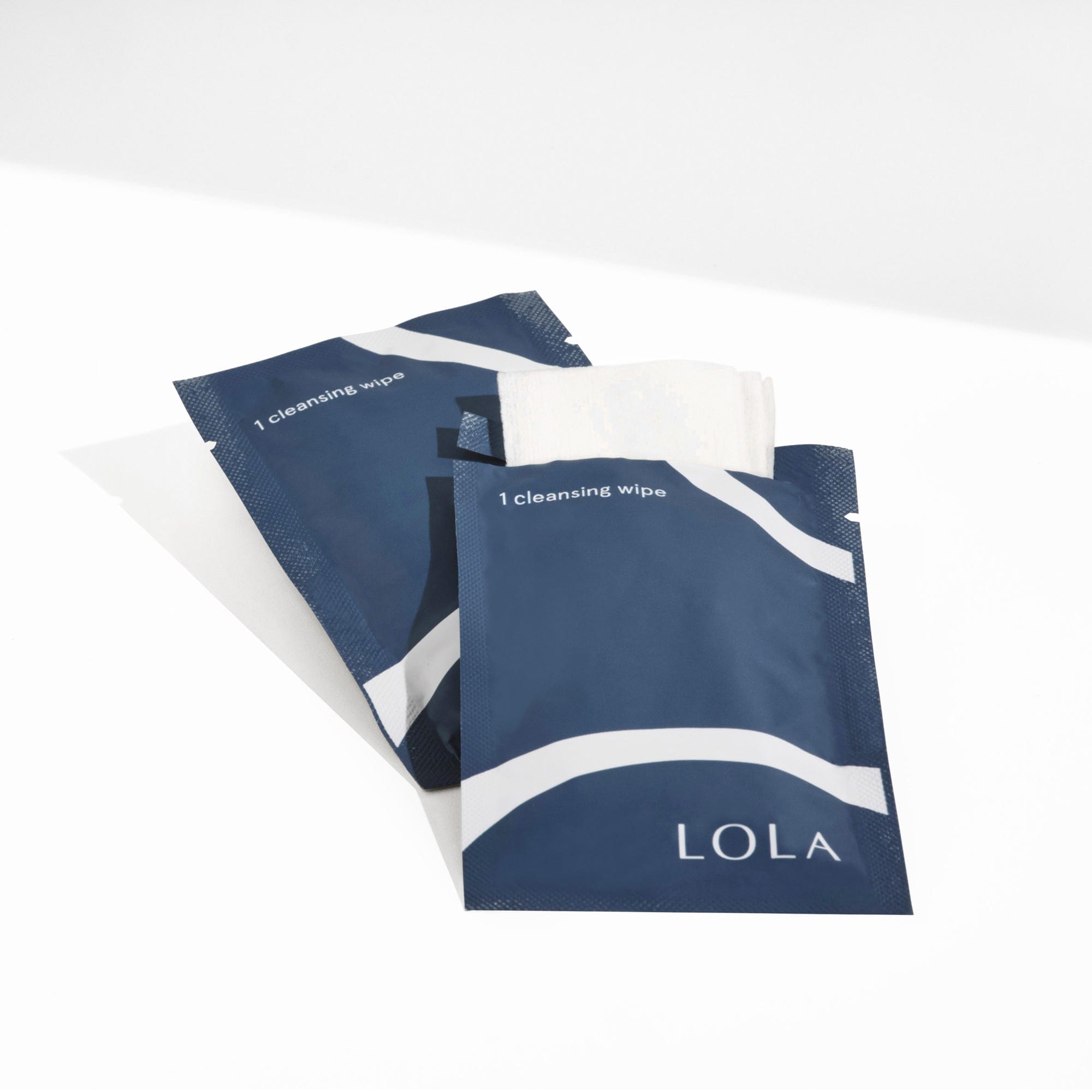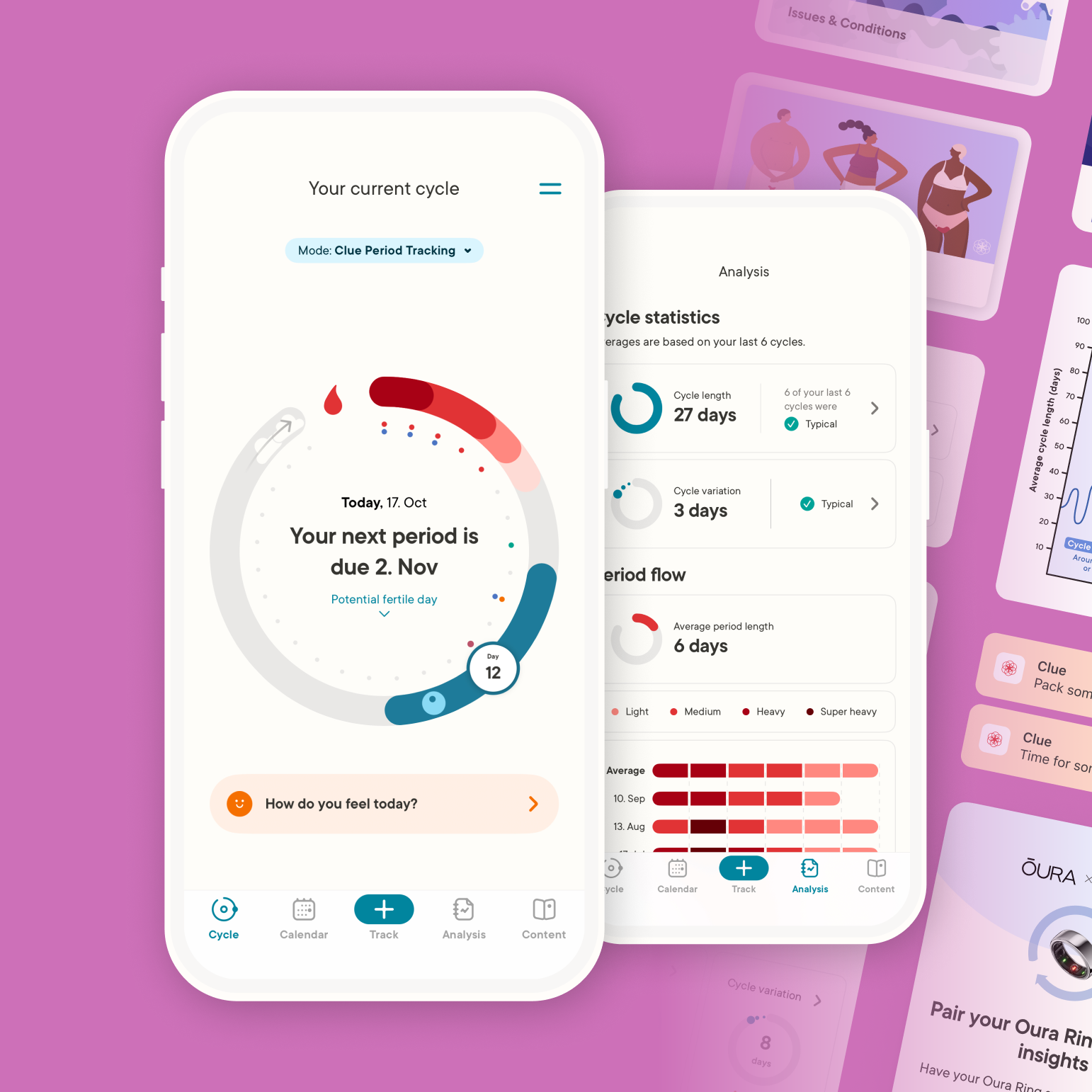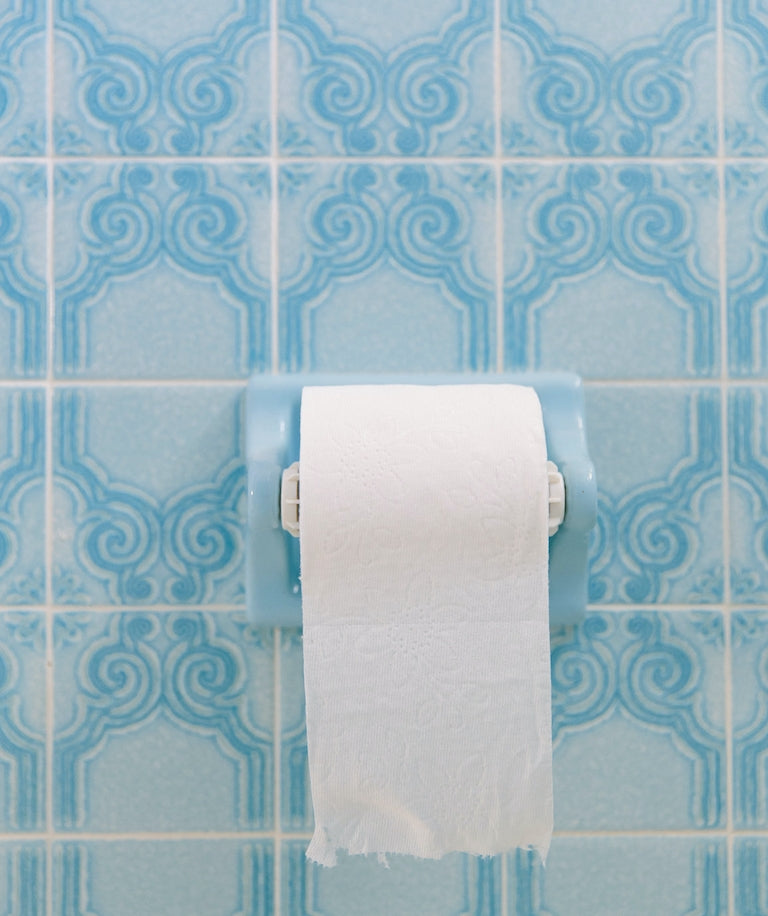My first week working at LOLA, I had a urinary tract infection (UTI). Lucky for me, I had just started at an all-female company where no health-related topic is out of bounds for conversation. So, telling my coworkers why I was running to the bathroom every five minutes didn't feel like TMI. Even though my team understood (after all, one in five women will have at least one UTI in her lifetime), it didn't make the burning sensation that I felt while I peed go away. Eventually, after many frantic Google-searches from my perch on the toilet, I got the burning to go away through a combination of the natural route (aka, chugging water) and, eventually, with antibiotics. Learn from my pain by reading on (and avoid your own toilet-based Googling!).
First off, what is a UTI, and what are the symptoms?
A UTI is a bladder infection caused by bacteria, usually E. coli, getting in your urethra and making its way up to your bladder. As the bladder controls your urine output, it's no surprise that the symptoms of an infection have a noticeable impact on your bathroom schedule. (On the plus side, this means you're more likely to catch a UTI early " the symptoms show up pretty quickly and are hard to miss.)
So, what signs should you look for? If you feel burning when you pee or have the urge to pee more frequently than normal, but very little or nothing comes out, chances are you've got a UTI. You may also notice your pee coming out cloudy or accompanied by a strong, unpleasant smell.
Okay, you've got the symptoms. Do you need to go to a doctor?
If you start to feel symptoms of a UTI, it's totally up to you whether you want to try to fight it naturally or go see a doctor. But, if you have blood in your urine, lower back pain, or fever you should head straight to a doctor or urgent care center as these are signs that the infection has spread to your kidneys and may have caused a more serious infection called pyelonephritis.
Going the natural route
If you aren't experiencing any of the severe symptoms listed above, there are ways to treat your UTI naturally. Start by increasing your water intake. It'll help your bladder flush out the bacteria that's causing the infection in the first place. The general rule of thumb is try to drink half your bodyweight (in ounces) of water per day to get the full flush effect (so if you're 140 pounds, aim for 70 ounces).
You'll also want to cut foods and drinks that can irritate your bladder. Things like artificial sweeteners, caffeine, alcohol, and carbonated drinks can all throw your bladder for a loop, especially when you're trying to fight of an infection. Replace these habits with other, more bladder-friendly, foods and drinks, like cranberry juice and apple cider vinegar, both of which are natural antioxidants. Apple cider vinegar helps prevent the bacteria that causes UTIs from multiplying or growing. Just add two tablespoons of apple cider vinegar to a glass of water, and drink twice a day for two to four days.
To maximize your infection fighting power, D-Mannose is a great natural supplement to take to treat UTIs. It attaches to E. coli bacteria and causes them to stick to each other rather than to the walls of your urinary tract. From there, the bacteria can be more easily flushed from your body when you pee.
Note that you should see your symptoms improve or go away completely in 2-3 days. While I respect going the natural route, if you don't see symptoms subside it's time to head to the doctor. There's no point in suffering when a doctor can easily prescribe something that will have you feeling better in 24 hours or less!
Going the doctor route
If you opt to go to a doctor immediately (or you've tried the natural route without success), diagnosis is as simple as providing a urine sample. Your doc will likely prescribe a course of antibiotics even before results come back to help ease the pain. If you go to the doctor sooner rather than later, there's a good chance you'll be on a shorter course (think three to five days) of antibiotics vs. a longer course (think 10 "“ 14 days) if you've had the infection for longer or the infection has made it to your kidneys.
The most commonly prescribed UTI-antidote is a drug called Ciprofloxacin. You'll start to feel symptoms subside in one to two days after you start the treatment. However, be aware that in some cases, UTI antibiotics may cause yeast infections " while they're getting rid of the bad bacteria that's causing your UTI, they can also get rid of the good bacteria that keeps your vagina healthy. With this in mind, make sure you're eating your fill of probiotics and following these other tips to avoid a yeast infection.
Preventing future UTIs
If you've previously had a UTI, you're more likely to get another in your lifetime. Although some factors are out of your control " like having a short urethra, which makes it easier for an infection to travel to your bladder " there are some preventative measures you can take to make sure you avoid another week of burning pee:
Wipe from front to back. Always, always, always wipe from front to back when you use the bathroom. Your anus contains bacteria from your large intestine like E. coli. If you wipe back to front, there's a chance you'll wipe that bacteria forward into your urethra and bladder, resulting in a UTI.
Pee immediately after sex. When you have sex, you may be unknowingly moving bacteria from your vagina into your urethra (after all, they're next door neighbors). Peeing immediately after getting it on is the best way you can clear out that bacteria before it gets to your bladder and causes a problem.
Rethink your birth control. Using condoms that are unlubricated or spermicidal can increase your likelihood of getting a UTI. And, if you're using a diaphragm, be extra wary of UTIs. The spring-rim of the diaphragm pushes on the area near your bladder, which makes it susceptible to bacteria growth and, therefore, UTIs.
Drink water. Lots and lots of water. There are many reasons to stay hydrated, and preventing UTIs is high on that list. When it comes to keeping your bladder healthy, making sure you're constantly drinking water can promote better bladder health. (How much water do you need to drink? Learn here.)
Don't hold it. Because you'll be drinking a lot of water, chances are you'll have to pee more. Do. Not. Hold. It. Think of it like this: as urine sits in your bladder, it sits stagnant, like pond or lake water. Stagnant fluid is an ideal environment for an infection to develop, so empty out your bladder every time you need to (or even think you need to).
Eat probiotics. Foods like yogurt and kombucha are chock-full of probiotics, which help to cultivate the good kind of vaginal bacteria, which could help prevent UTIs.
Bottom line
If you have a UTI, there's no reason to freak out. There are many ways to treat it, and you'll feel better within a couple of days if you treat it properly. But, since 20% of women that get a UTI experience another one in their lifetime, make sure you're taking prevention seriously. Happy peeing!
